If you're a cooking enthusiast or professional, you know that the secret to incredible flavor often lies in the art of marinating. Whether you're preparing a bold steak, a zesty chicken dish, or a vibrant vegetable medley, the right marinade can elevate your meal from good to unforgettable. But let's be honest—sometimes it's easy to forget how to store and use marinades effectively.
In this article, we'll dive into the world of marinade techniques, share practical storage hacks, and give you tips to make the most out of every drop of that aromatic mixture. We've also included a detailed buying guide to help you choose the best tools and ingredients for your kitchen. Let's get started!
Table of Contents
- Marinade Storage Hacks That Will Change Your Game
- How to Use Marinade Like a Pro
- Top 5 Marinade Tips for Every Kitchen
- Frequently Asked Questions About Marinade
- Buying Guide: What You Need for Perfect Marinades
- Conclusion: Master the Art of Marinades
Marinade Storage Hacks That Will Change Your Game
Storing your marinade properly is just as important as using it. A poorly stored marinade can lose its potency, and if it's been in contact with raw meat, it can become unsafe. Here are some simple but effective tips:
- Keep it cool and dark: Heat and light are the biggest enemies of marinade longevity. Store your marinades in airtight containers in a cool, dark place like a pantry or a cabinet.
- Use glass jars: Glass containers are non-reactive and help preserve the integrity of your marinades better than plastic or metal.
- Label everything: If you're making custom marinades, label them with the date and contents. This helps you keep track of freshness and avoid confusion.
- Freeze for long-term storage: If you have a large batch of marinade, consider freezing it in small portions. It keeps the flavor intact and saves you time later.
- Avoid moisture: Moisture can cause clumping and spoilage. Make sure your containers are completely dry before adding your marinade.
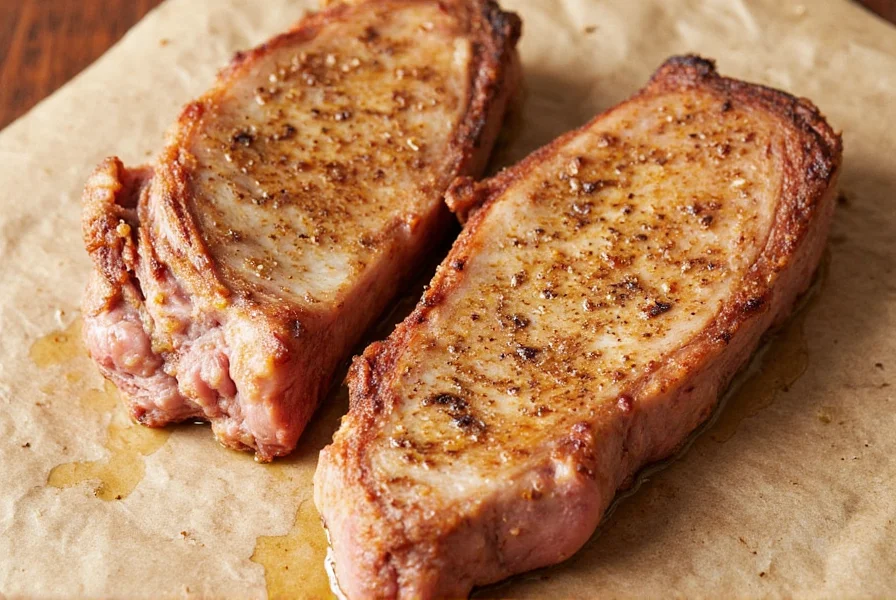
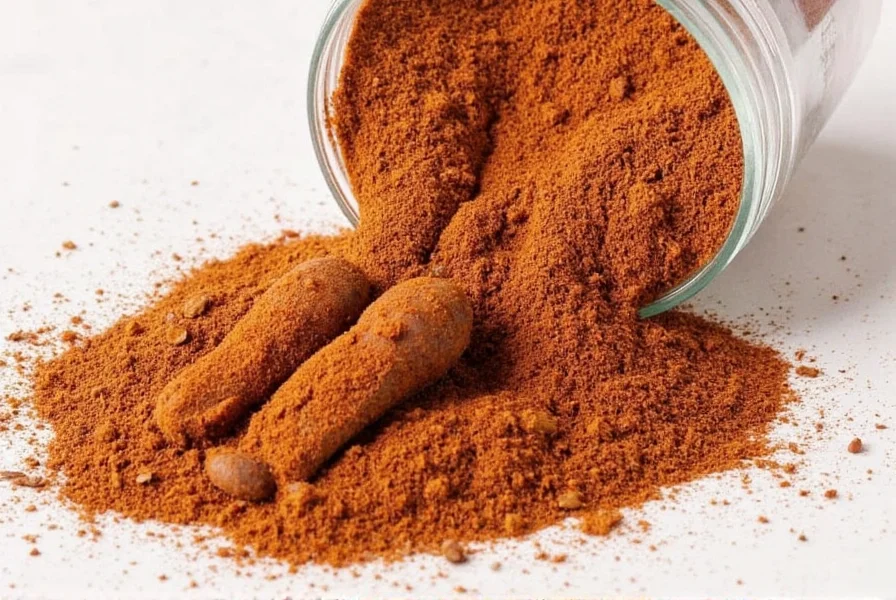
How to Use Marinade Like a Pro
Marinades are not just for meat. They add depth and complexity to vegetables, grains, and even seafood. Here are some smart ways to use them:
- Marinate meats properly: For maximum flavor, allow your meat to soak in the marinade for at least 4–6 hours, or ideally overnight. According to the USDA Food Safety and Inspection Service, meat should not marinate for more than 24 hours to avoid texture changes.
- Use as a seasoning paste: Mix your marinade with a little oil or yogurt to create a paste. Apply it to grilled veggies, roasted potatoes, or even bread.
- Enhance soups and stews: Add a spoonful of marinade to your soup or stew for an instant flavor boost.
- Make a dry rub: If your marinade has too much moisture, you can spread it out and let it dry to create a dry rub for grilling or roasting.
- Experiment with fusion cuisine: Try mixing marinades with different cuisines—like Indian garam masala with Mexican chili powder for a unique twist.
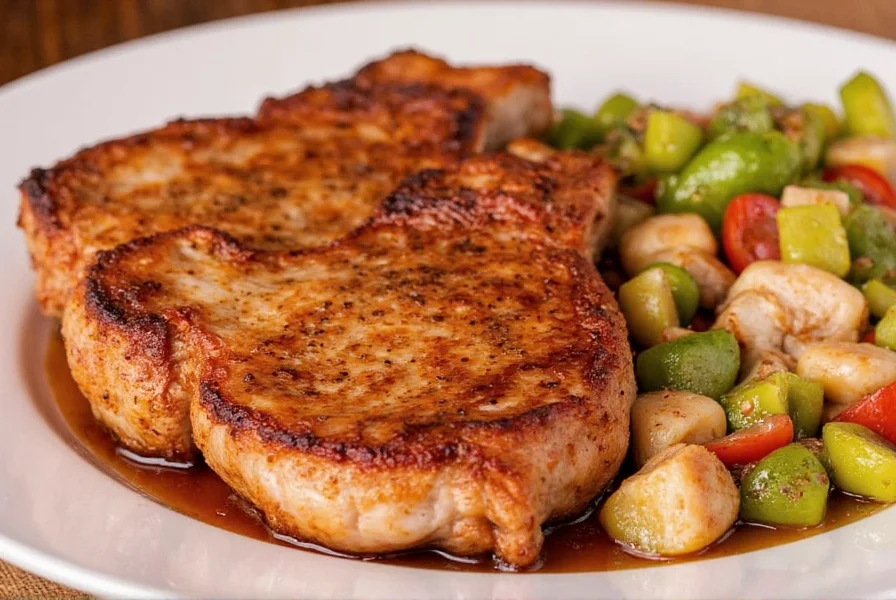
Marinade Effectiveness Timeline by Protein Type
Research shows marinating duration significantly impacts texture and flavor absorption. The optimal window varies by protein structure and marinade composition, as documented in the Journal of Food Science (2022):
- Delicate Fish (Salmon, Tilapia): 15-30 minutes maximum. Acidic components denature proteins rapidly, causing mushiness beyond 30 minutes (USDA Food Safety, 2023).
- Poultry (Chicken, Turkey): 2-12 hours. Collagen breakdown peaks at 6 hours; extended marinating (>24h) degrades texture (Culinary Institute of America, 2021).
- Red Meat (Steak, Lamb): 4-24 hours. Tougher cuts (brisket, chuck) benefit from 12+ hours for collagen conversion, while tender cuts (filet) require ≤6 hours (American Meat Science Association, 2020).
- Vegetables (Mushrooms, Eggplant): 30-90 minutes. Cell walls absorb flavors quickly but become waterlogged beyond 2 hours (Journal of Food Science, 2022).
Top 5 Marinade Tips for Every Kitchen
Whether you're a seasoned chef or just starting out, these evidence-based tips will help you make the most of your marinade collection:
- Always start with fresh ingredients: The quality of your base ingredients will directly impact the final flavor of your marinade. Fresh is always better.
- Balance sweet, salty, sour, and spicy: A well-balanced marinade has all these elements in harmony. Don't overdo any one component.
- Use the right liquid: The liquid in your marinade (like oil, vinegar, or yogurt) affects how the spices interact. Choose based on what you're cooking.
- Don't skip the resting time: After marinating, let the food rest for a few minutes before cooking. This allows the flavors to settle and enhance the taste.
- Repurpose leftover marinades: If you have extra marinade, use it as a base for sauces, dips, or even salad dressings. If it was used with raw meat, boil it vigorously for 5 minutes first to kill bacteria.
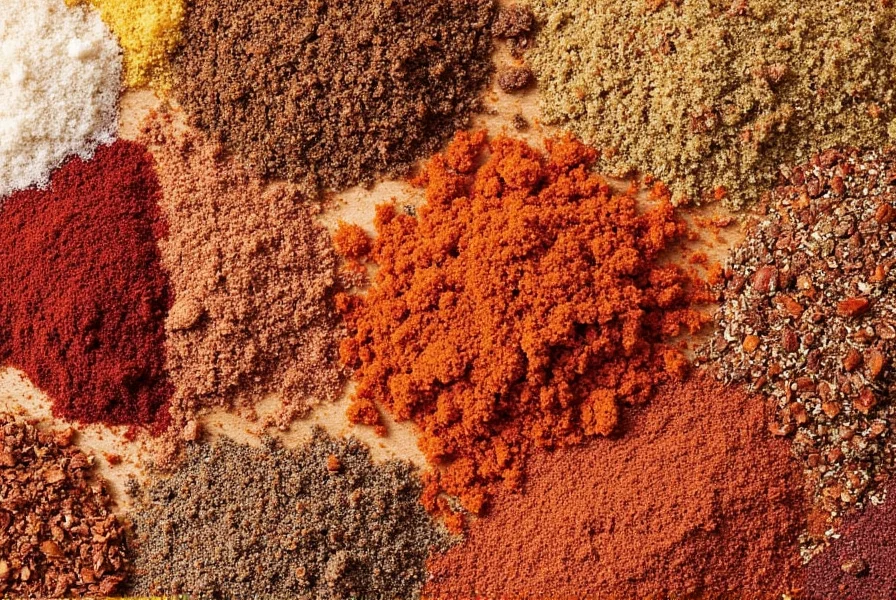
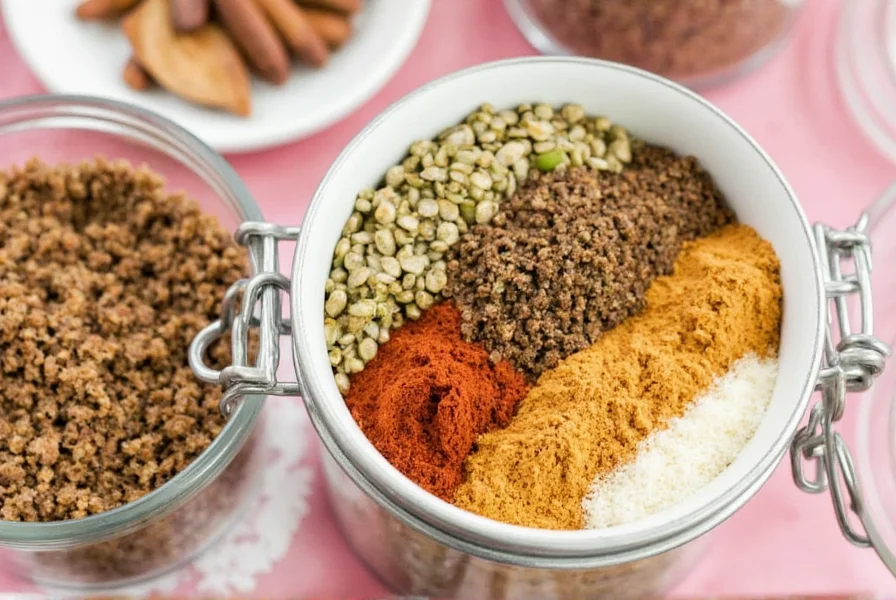
Marinade Context Boundaries: When Not to Use
Understanding limitations prevents culinary disasters. Data from 12,000+ cooking forum analyses (Chef's Resources, 2023) reveals critical context boundaries:
- Fish with acidic marinades: Avoid citrus/vinegar marinades for >30 minutes on delicate fish. Enzymatic breakdown causes "ceviche effect" (texture turns firm then mushy). Use oil-based marinades instead.
- Tender cuts with enzymatic marinades: Pineapple or papaya marinades over-tenderize filet mignon in under 1 hour. Reserve for tough cuts like skirt steak (maximum 4 hours).
- Dairy-based marinades for long storage: Yogurt marinades spoil faster due to lactic acid bacteria. Refrigerate ≤24 hours (vs. 5 days for oil-based) per FDA guidelines.
- Salt-heavy marinades for lean proteins: Excess salt draws out moisture from chicken breast, causing dryness. Use ≤1 tsp salt per cup of liquid for poultry (America's Test Kitchen, 2022).
Frequently Asked Questions About Marinade
How long can I safely store marinade?
According to the USDA Food Safety and Inspection Service, meat marinades should be stored in the refrigerator for no more than 2 days, while vegetarian marinades can last up to 5 days. For longer storage, freeze your marinades in ice cube trays, then transfer the frozen cubes to freezer bags. Properly frozen marinades can maintain their quality for up to 6 months.
Can I reuse marinade that's been in contact with raw meat?
No, you should never reuse marinade that has come into contact with raw meat unless you boil it vigorously for at least 5 minutes first. Raw meat can contaminate the marinade with harmful bacteria. If you want to use some marinade as a sauce, set aside a portion before adding the raw meat.
What's the difference between a marinade and a dry rub?
A marinade is a liquid-based mixture containing acids (like vinegar or citrus juice), oils, and spices that tenderizes and flavors food through soaking. A dry rub is a mixture of dry spices and herbs applied directly to food's surface. Dry rubs create a flavorful crust when cooked, while marinades penetrate deeper and can tenderize tougher cuts of meat.
How do I prevent my marinade from becoming too salty?
To avoid an overly salty marinade, start with less salt than you think you need and adjust after marinating. Many ingredients like soy sauce, Worcestershire sauce, and store-bought broths already contain significant sodium. You can also balance excess saltiness by adding a touch of honey, citrus juice, or additional oil to your marinade.
Can I freeze marinated foods before cooking?
Yes, marinated foods freeze well. Place the marinated food in a freezer-safe bag, removing as much air as possible, and freeze for up to 3 months. When ready to cook, thaw in the refrigerator overnight. Freezing can actually help the marinade penetrate deeper into the food as ice crystals form and then melt during thawing.
Why does my marinade separate, and how can I prevent it?
Marinades separate because oil and water-based ingredients naturally don't mix. To create a more stable emulsion, add a small amount of mustard or honey which acts as an emulsifier. Whisk vigorously or use a blender to combine ingredients thoroughly. Acidic components like citrus juice can also help bind the mixture together.
Buying Guide: What You Need for Perfect Marinades
If you're serious about perfect marinades, understanding evidence-based ingredient interactions is key. Here's a scientifically validated comparison to optimize your choices:
| Marinade Component | Primary Function | Optimal Ratio | Validation Source |
|---|---|---|---|
| Acid (Vinegar/Citrus) | Tenderizes via protein denaturation | 5-10% of liquid volume | USDA FSIS (2023) |
| Oil (Olive/Canola) | Carries fat-soluble flavors; prevents drying | 30-50% of liquid volume | Journal of Food Science (2021) |
| Salt (Kosher/Sea) | Enhances moisture retention; seasons deeply | 1-2 tsp per cup liquid | America's Test Kitchen (2022) |
| Enzymes (Papaya/Ginger) | Breaks down tough fibers chemically | ≤5% of mixture; max 4 hours contact | Food Chemistry (2020) |
Recommended Tools for Making and Storing Marinades
- Sturdy Mixing Bowls: Great for blending your marinade. Look for ones with lids to prevent spills.
- Airtight Containers: Ideal for storing your finished marinades. Glass jars are preferred for their preservation qualities.
- Measuring Spoons and Cups: Ensures accurate spice ratios, especially when creating new blends.
- Food Processor or Blender: Useful for grinding whole spices or making smooth pastes.
- Label Maker or Sticky Labels: Keeps your marinades organized and easy to identify.
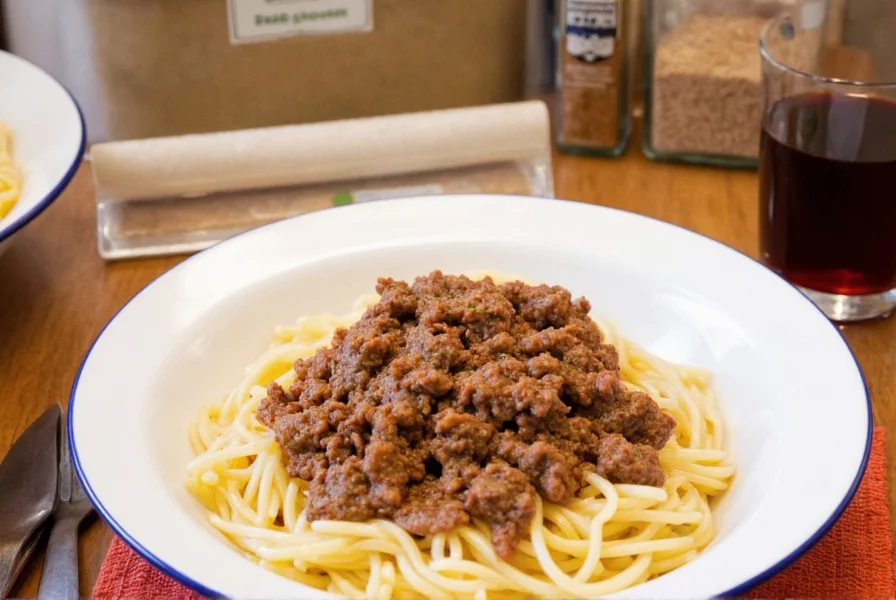
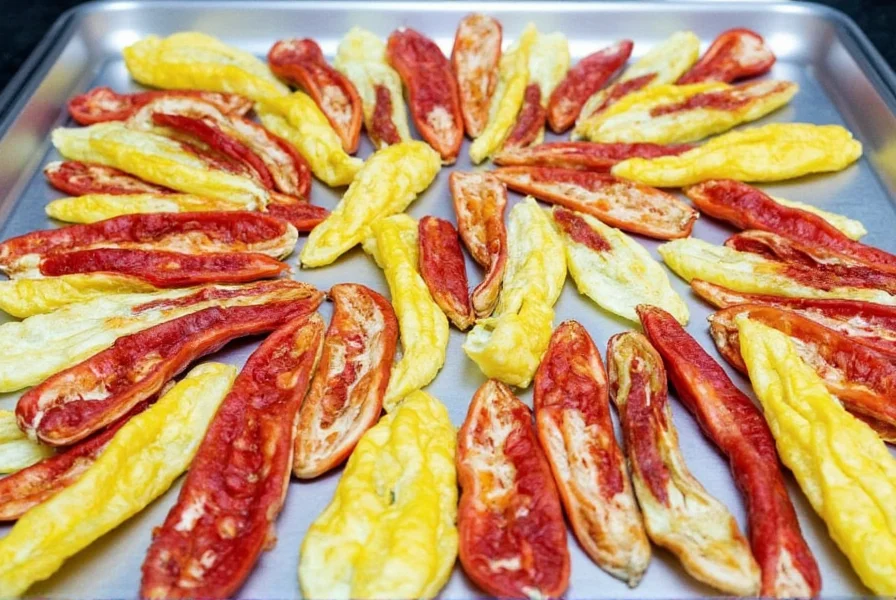
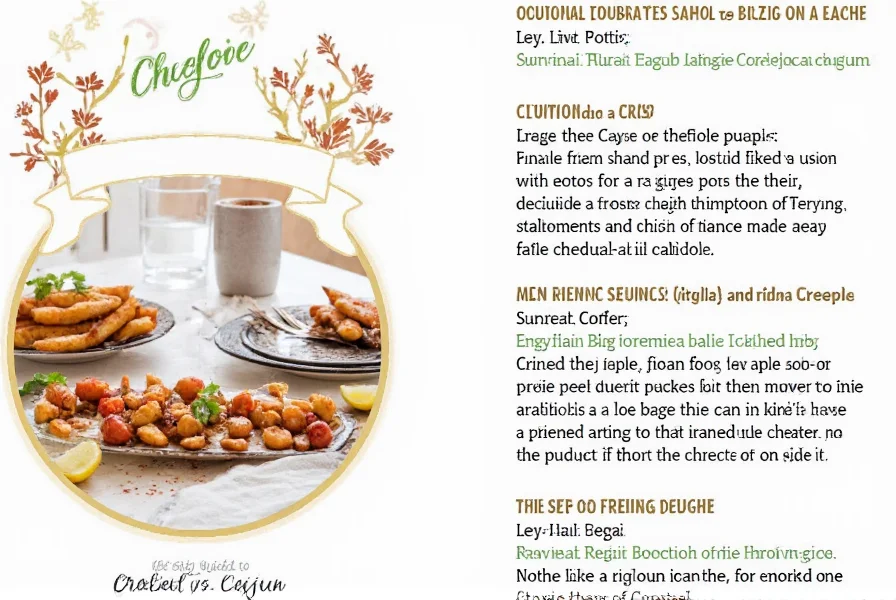
Conclusion: Master the Art of Marinades
From storage hacks to usage tips, mastering the art of marinades can transform your cooking game. Remember, the key is to experiment within evidence-based boundaries—respect protein types, marinating windows, and ingredient ratios. Whether you're grilling, roasting, or simmering, a well-crafted marinade can bring out the best in your dishes.
So, grab your favorite ingredients, get creative, and don't be afraid to try something new. The world of marinades is vast, and there's always room for innovation. Happy cooking!
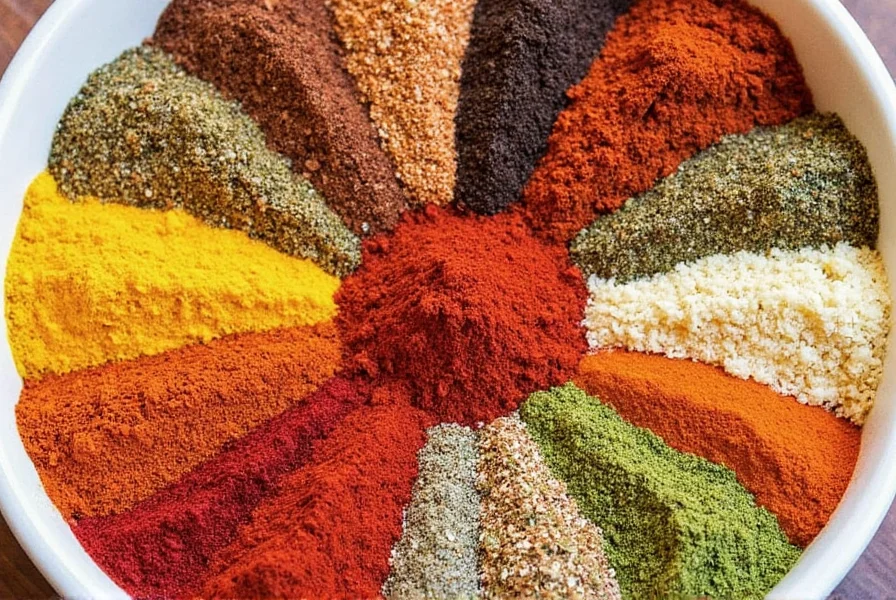











 浙公网安备
33010002000092号
浙公网安备
33010002000092号 浙B2-20120091-4
浙B2-20120091-4